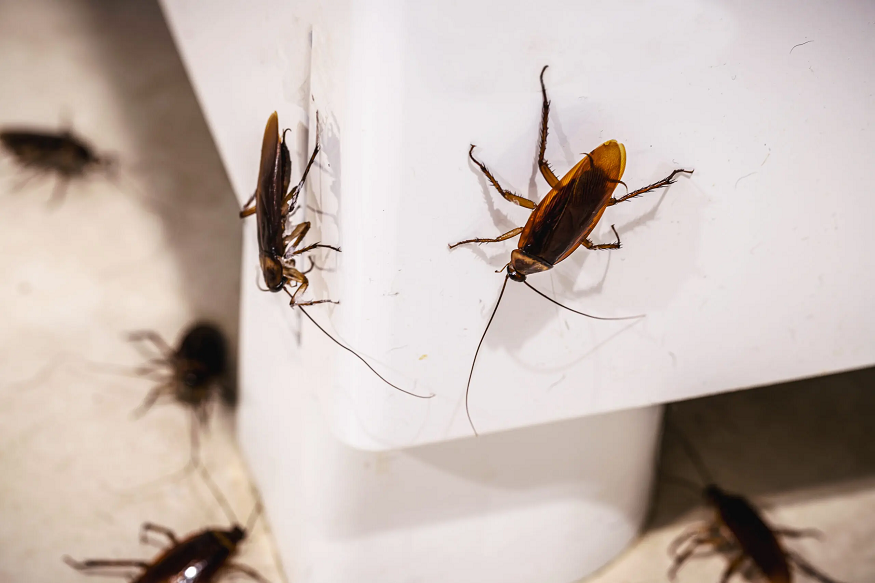Garbage trucks rumble through Indianapolis neighborhoods every week, picking up everything residents have left on the curb from the week. Despite this, however, homeowners will notice an unwelcome trend in that pest activity appears to have significantly increased in the days after waste collection. It is not an accident; it is a cycle that thousands of Indianapolis homes leave every week.
Scattered scraps, overturned bins, and lingering smells create ideal conditions for other pests to thrive in our neighbourhoods. Whether it is ants marching across the kitchen counters or raccoons in the yard, post-garbage day pest problems are becoming increasingly worrisome for Circle City families. Reliable exterminators serving Indianapolis can assist you in ending the cycle once and for all.
What Does Garbage Mean For Pests And Why Does It Attract Them?
1.Easy Access to Food Sources
Garbage is a smorgasbord for pests. Food scraps, leftovers, the remains of fizzy drinks, and organic waste directly supply the nutrition that pests need to survive and reproduce.
2. Shelter and Breeding Grounds
Nest sites are ideal in cardboard boxes, paper waste, and plastic containers. Garbage piles also naturally attract many pests as they prefer to breed in dark, sheltered areas.
3. Moisture Requirements
As organic matter decomposes, it releases moisture, which provides a humid environment in which cockroaches, flies, and other pests flourish.
4. Chemical Attractants
Decomposing food emits distinctive chemical compounds that serve as strong lures. These scents can traverse long distances, attracting pests from all over the neighborhood.
5. Population Growth Catalyst
Pest control data estimates that, given the right conditions, up to 50,000 flies can develop in a week from one open garbage bin containing food waste.
6. Survival Advantage
Pests are opportunistic and will take the easiest route. Who needs to search for a meal when trash offers you concentrated calories and requires minimal energy to obtain?
Rise of Pest Problems After Garbage Day In Indianapolis
Indianapolis has both a continental climate and urban density, so that pest issues can be unique at times. With 886,000 residents, the city produces about 1.2 million tons of garbage each year, creating significant pest pressure across its neighborhoods.
A few things come together to form pest surge conditions after rubbish day. Deposition of food scraps from collection activities serves to attract, while overturned or damaged bins create continuous entry points. Organic waste decomposes at different rates in the variable weather patterns of Indianapolis’ humid summers and freeze-thaw winter cycles, and releases odors that attract pests.
According to local pest control experts, service calls spike by 40% within 72 hours of scheduled garbage collection days. From Broad Ripple to Fountain Square, this trend is ubiquitous across Indianapolis neighborhoods. The city’s tree-lined streets and older housing stock also provide extra harborage sites where pests can develop populations before entering the towns.
What Can You Do to Prevent Them From Becoming a Problem?
Managing waste properly at the source helps to prevent the issue. Always keep your garbage bin lids tightly closed and remember to clean them once in a while with soap and water, which removes all bad odor residuals. Use two bags for food waste, and do not leave your garbage out before collection day.
Try implementing pest-deterrent methods on your property. Seal cracks and crevices that allow pests entry, keep the outside areas clean, and dispose of any standing water. Landscaping maintenance also decreases the areas available for pests to harbor along your home.
However, sometimes prevention is not enough. The most effective remedy involves the intervention of a professional when pest populations are established. Pointe Pest Control caters specifically to Indianapolis, learning the local pest patterns and battles that each season brings. They provide complete treatment systems that tackle both existing infestations and future prevention programs suited to the urban environment.

